
Jordan Meyer and Mathew Dryhurst founded Spawning AI to create tools that help artists exert more control over how their works are used online.
Meyer claims that, despite the fact that it’s substantially smaller than some other generative AI training data sets out there, Source.Plus’ data set is already “high-quality” enough to train a state-of-the-art image-generating model.
Generative AI models “learn” to produce their outputs (e.g., photorealistic art) by training on a vast quantity of relevant data — images, in that case.
Image Credits: Spawning“Source.Plus isn’t just a repository for training data; it’s an enrichment platform with tools to support the training pipeline,” he continued.
And, Meyer says, Spawning might build its own generative AI models using data from the Source.Plus datasets.
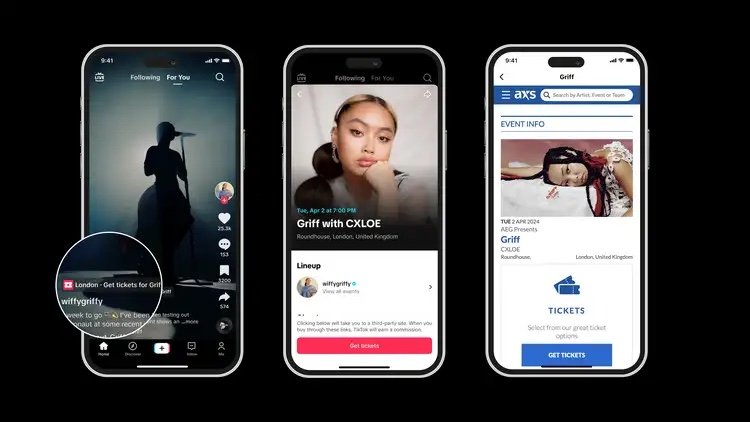
Tiktok said today that it has partnered with ticketing company AXS to sell tickets for events worldwide.
Users in these regions can tap on the events highlighted in videos or on artists’ profiles to buy tickets through AXS.
TikTok had signed a similar deal with Ticketmaster for U.S.-based events in 2022, and expanded the partnership in 2023 to sell tickets in 20 more countries.
The short-video platform said it will let certified artists promote their live events by adding AXS event links to their videos, and sell tickets via an in-app ticketing feature.
Last October, TikTok onboarded Tickets.com as a partner to sell passes for its first live music event.

After 10 weeks of being absent from the platform, Taylor Swift’s music has returned to TikTok — or at least her more recent songs and “Taylor’s Version” cuts, since she owns those masters.
Taylor Swift’s music, and music from all artists signed to Universal Music Group, was pulled from TikTok when the two parties were unable to come to a renewed licensing agreement.
UMG framed its refusal to come to a deal with TikTok as a means of standing up for emerging artists.
By selectively removing the music of certain of our developing artists, while keeping on the platform our audience-driving global stars,” UMG wrote.
Her “Taylor’s Version” recordings are back on TikTok, but songs from records like “Reputation,” which doesn’t yet have a “Taylor’s Version,” are still absent from the platform.
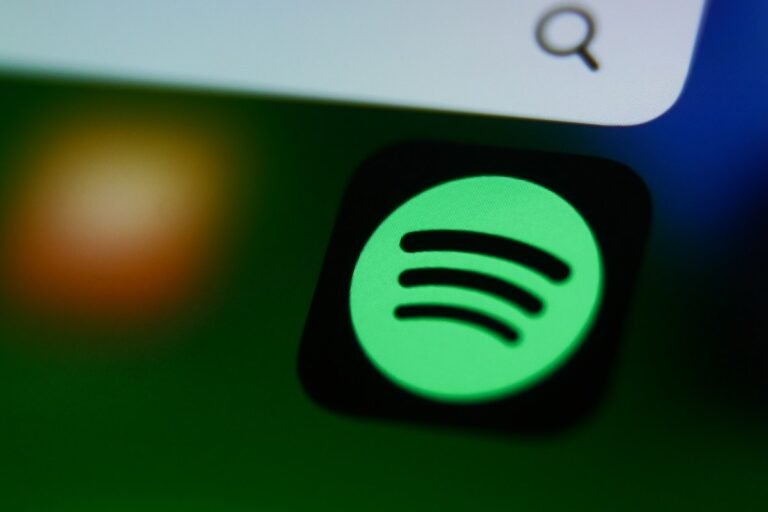
Spotify’s live audio app is no longer active, but the company has been using the tech to connect fans and artists better with the “Listening Party” feature.
A Listening Party is listed under the events section of an artist’s profile.
Spotify said that while typically top fans of a band receive a specific invitation, any Spotify Premium user can join the Listening Party through the listing.
Plus, each listening party has a live chat room during the event.
Now it is trying to bring parts of group listening and live audio interactions together with the Listening Party feature.

A group of 200 musicians signed an open letter calling on tech companies and developers to not undermine human creativity with AI music generation tools.
“When used irresponsibly, AI poses enormous threats to our ability to protect our privacy, our identities, our music and our livelihoods,” the letter reads.
Some companies like Adobe and Stability AI are working on AI music generators that use licensed or royalty-free music.
But these tech companies aren’t listening.
“This assault on human creativity must be stopped,” the musicians’ letter says.
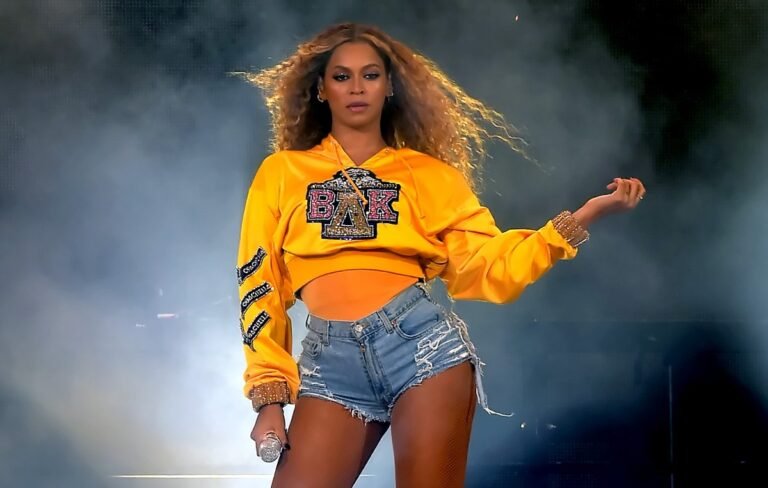
Beyoncé’s “Cowboy Carter” has been out for only a few days, yet it’s already obvious that we’ll be talking about it for years to come — it’s breaking records across streaming platforms, and the artist herself calls it “the best music [she’s] ever made.” But in the middle of the press release for “Cowboy Carter,” Beyoncé made an unexpected statement against the growing presence of AI in music.
Some of the best-known AI companies, like Open AI and Stability AI, use datasets that include copyrighted artworks without consent.
Beyoncé’s stance makes even more sense in the context of “Cowboy Carter” itself.
Though it does not explicitly discuss AI, “Cowboy Carter” already addresses the theft and appropriation of artworks without consent.
Even the title “Cowboy Carter” nods to the appropriation of Black music for white people’s gain.
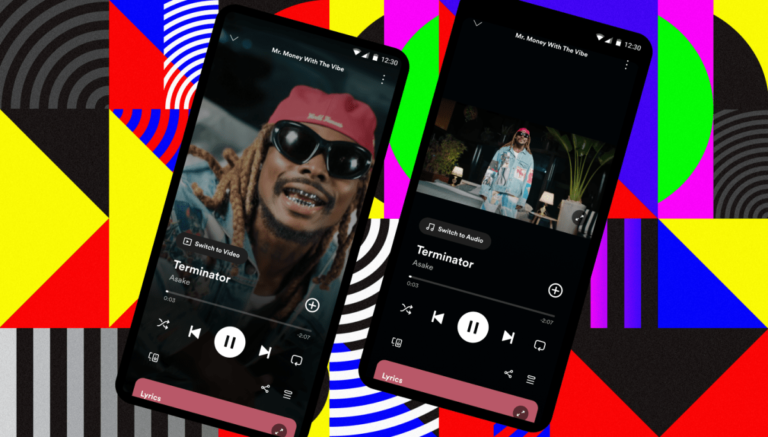
The addition of music videos is included among these new features in the U.S.Spotify recently announced its plans to support music videos, saying in March it would test the option in beta in 11 select markets — which, at the time, didn’t include the U.S.
With the UMG deal, U.S. users will also have the option of watching music videos instead of just streaming audio.
To watch videos, Spotify users can access a new “Switch to Video” option from the app’s Now Playing Screen.
For instance, UMG artists will be able to share teasers of upcoming songs and users will be able to pre-save music before a new release.
By partnering with Spotify, UMG still has a way to promote its music to fans, even if its artists lose the ability to market themselves on TikTok.
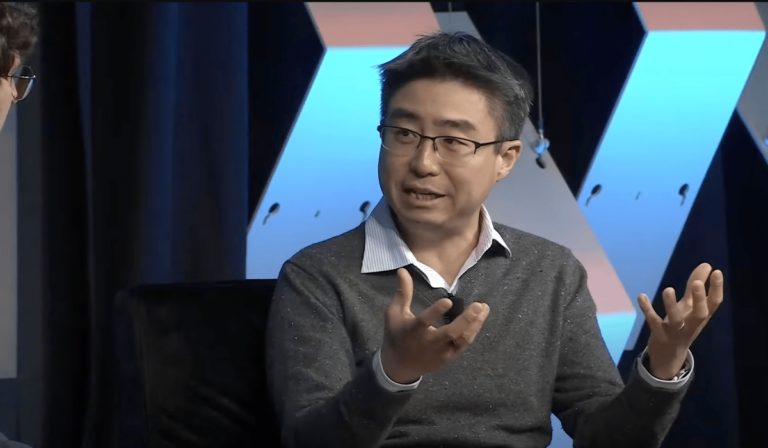
Should artists whose work was used to train generative AI like ChatGPT be compensated for their contributions?
OpenAI is in a delicate legal position where it concerns the ways in which it uses data to train generative AI systems like the art-creating tool DALL-E 3, which is incorporated into ChatGPT.
“Training AI models using publicly available internet materials is fair use, as supported by long-standing and widely accepted precedents,” writes the company in a January blog post.
OpenAI has licensing agreements in place with some content providers, like Shutterstock, and allows webmasters to block its web crawler from scraping their site for training data.
In addition, like some of its rivals, OpenAI lets artists “opt out” of and remove their work from the data sets that the company uses to train its image-generating models.
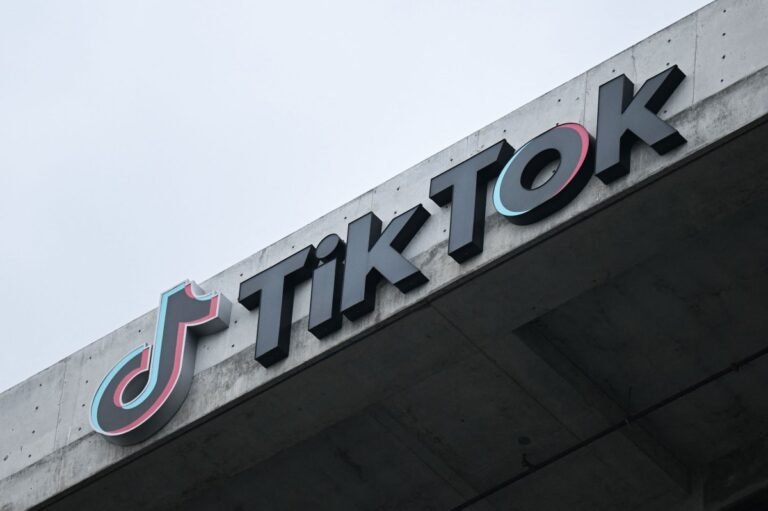
TikTok is losing even more songs over its quarrel with Universal Music Group (UMG), as the social media network is starting to remove songs published by UMG, the company confirmed to TechCrunch on Tuesday.
As a result, TikTok had to remove songs owned or distributed by UMG by January 31.
Now, the company has to remove songs that contain compositions controlled by Universal Music Publishing Group (UMPG).
The company says UMG and UMPG’s catalogue represents anywhere from 20-30% of popular songs on TikTok.
Artists and songwriters will also be losing out on royalties earned from their music on TikTok.
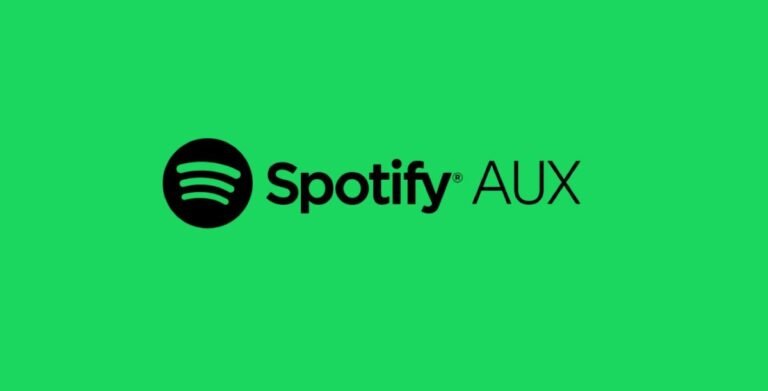
Facebook, Instagram, Snap, YouTube, and other social networking companies offer programs to connect creators with brands, and now Spotify is doing the same.
The company announced the launch of AUX, its new in-house “music advisory agency” for brands.
While not necessarily a creator marketplace, the program has a similar aim — it will facilitate connections between brands and emerging artists for various campaigns benefitting both parties.
For Spotify, AUX represents another source of income, as well, as the company says brands can pay Spotify to leverage the new service.
“Spotify is always looking for ways to leverage our music ecosystem to deepen the connections between artists, brands, and fans,” said Jeremy Erlich, VP, Head of Music Content at Spotify, in a statement.













